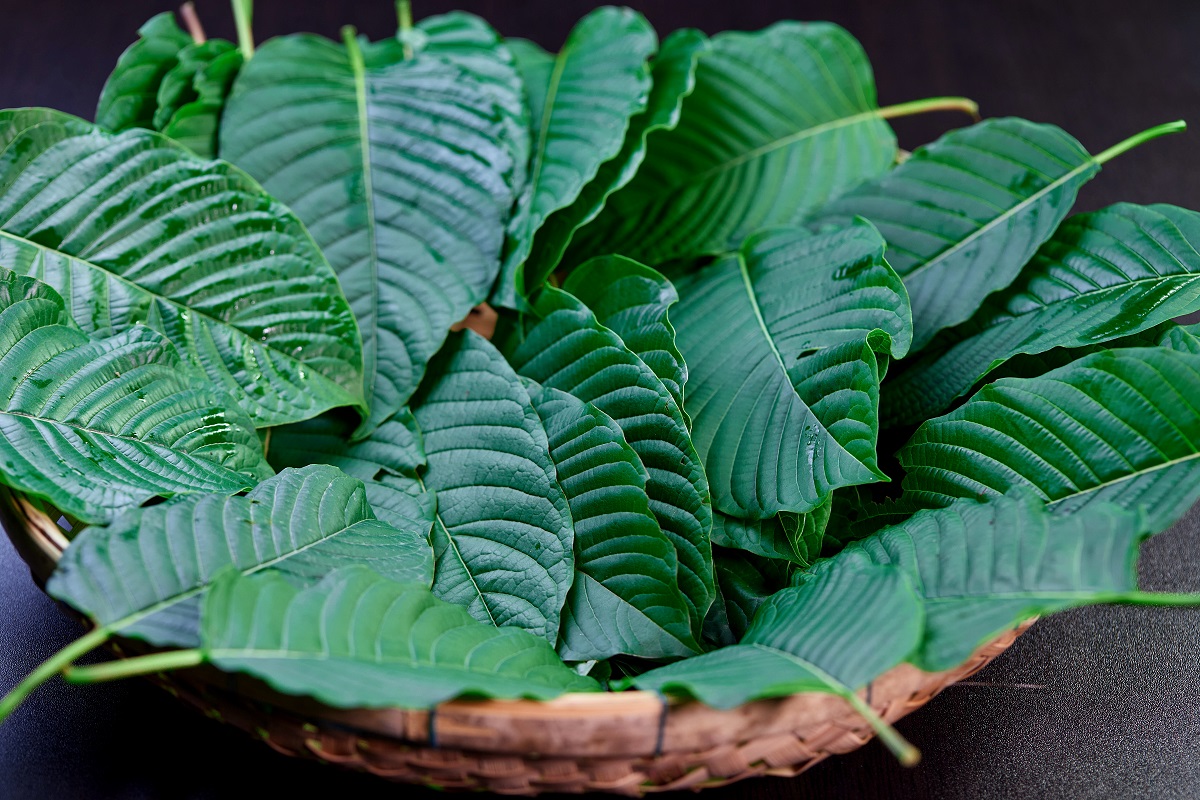
Indeed, a few topics are as controversial as the legality of weed. India, in particular, has an everlasting history with weed. Weed holds a time-honored place in the culture of the Hindu religion. Despite the almost hallowed stature that the plant holds, it remains illegal in India. This ban comes with a few notable exceptions, as in the case of “bhang” preparation. Preparation of Bhang is permitted in a few states.
History of the legality of weed
cannabis gummies was seen as a sacred plant in the past. It has been mentioned in Rigveda, Atharvaveda, and even Sushruta Samhita. Even in Indian Ayurveda, it belongs to an esteemed echelon. The first time it was taxed was under British rule. The justification presented was the “sake of health and sanity” of the people of India. An international treaty was signed in 1961 called the Single Convention on Narcotic Drugs. According to this treaty, weed was considered a hard drug. There was an outcry from India due to the revered post in holds in the socio-cultural setup. As a compromise, the preparation of bhang was permitted, but India had to curb the export of weed.
The NDPS (Narcotic Drugs and Psychotropic Substances) enactment passed in 1985 prohibits the sale and production of the flower and resin of the plant. The legality of seeds and leaves is determined by individual state policy. The Great Legalization movement started in India in 2015. Metro cities like Mumbai, Delhi, Bangalore, and Pune spearheaded the campaign for the decriminalization of weed in India. One of the prominent leaders of this movement was Menaka Gandhi. Due to her insistence, the Union Government issued the first license for research on Weed in India. The rights were awarded to The Bombay Hemp Company in 2017.
Medicinal weed in India
CBD is a derivative of weed. It is considered as least controversial of all the products because of its near absence of any narcotic effect. Medicinal weed has a broad range of uses, ranging from chronic pain, irritable bowel syndrome, and anxiety to AIDS Symptoms and Tourette syndrome movements.
The case developed against weed read that it has mild opioid-like effects. Hallucination, altered sense of reality and poor motor skills are expected side effects of using weed. The therapeutic grade of weed has minuscule narcotic effects. One must keep in mind that while THC gummies is generally referred to as the whole plant, medical-grade weed is only a derivative. Rather than having addictive effects, it has been shown to reduce dependency on opioids.
It is a booming market not only in India but on an international level. It provides a treasure trove of unrealized potential for the medical field and indigenous industries.







